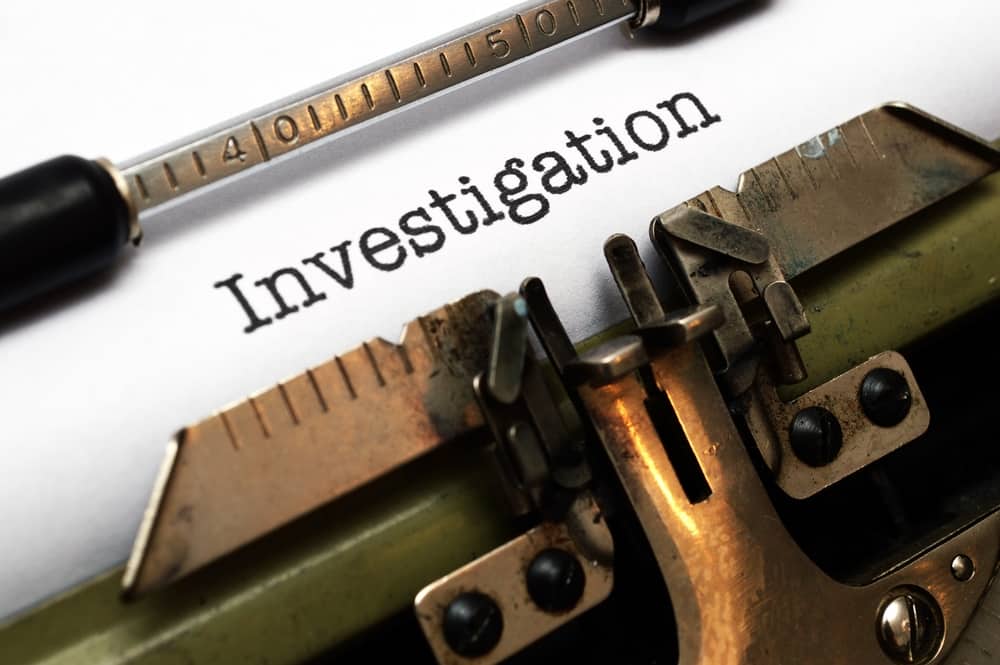The records show that fraud prosecution and restitution is falling far short in accomplishing the goals mandated by legislation. There are many reasons for this dilemma, and they start with apathy and end with inefficiency.
One major reason is lack of proper legal evidence to prove the employee’s total guilt.
Points to Consider:
- Confinement needs to be addressed and evaluated to determine if it should be a goal. However, planning for successful prosecution should be primarily designed to accomplish full restitution. Full restitution not only recovers the employer’s assets, it serves to deter fraud. Once the profit motive is gone the temptation to commit fraud is gone.
- It is unlikely that the local Criminal Prosecuting Department or District Attorney will work with an employer’s attorney to establish a case against the employee. Such participation could be viewed as abuse of power, conflict of interest, a denial of civil or constitutional rights as well as many other numerous consequences. Any one or all of these issues can result in a failed resolution. Further these offices are probably mandated to work with the local police departments and governmental attorneys.
- Hiring a criminal attorney to guide, and or even press the prosecuting office into action is strongly recommended. A person with experience in defending or prosecuting fraud would be the best choice. That person will know what succeeds and what fails.
Investigating and Planning:
As soon as fraud is detected or suspected have a meeting that includes a private investigator, criminal attorney, the claim handling adjuster and the employer. Discuss all known facts, what needs to be investigated, how and what evidence will be obtained legally.
- Set up a plan of action as to reporting the claim and how the information will be presented to the governmental prosecutor.
- Determine what can and cannot be done to effect full restitution through assessing the employee’s assets. Preform a credit check, research court records for mortgages, property liens, properties owned, review DMV records for auto ownership, driving record, insurances, and auto liens.
- A criminal attorney will need to determine if, when, and how to legally impound or attach the guilty employee’s assets. Discuss these points during the first meeting with all parties concerned.
- Be sure to have the attorney work closely or even direct the private investigator while the investigation is underway.
Monitoring and Follow Through:
Once the claim is filed and prosecution requested, the claim should be placed on a weekly calendar to monitor the case through the various steps of prosecution, litigation, and resolution.
- File legal objections to unnecessary or lengthy delays. Move for motions to compel when the employees attorney delays answers to interrogatories, subpoenas, or employs delaying tactics.
- File immediate appeals for judicial error, misconduct, weak sentences, improper sentences, and any restitution order that is less than 100%.
It is recognized that many of these tactics can be a two edged sword. Judges have the power to make life pretty hard when challenged. Objections can be overruled, cases can be lost on appeals, decisions can be reversed, and bad precedents can be set and even upheld.
That is why it is so important to use an experienced criminal attorney who knows how the system works and how to best challenge issues. The lawyer should be able to determine when to move forward or when to intelligently retreat. In other words, pick the cases which have the highest potential to succeed.
Conclusion:
The criminal justice system is falling short for successful fraud prosecution and restitution. Many cases are lost because of poor evidence and legal documentation, and employers must begin to take over the governmental failures. A well investigated case with strong evidence can be the wedge to get full restitution.
Author Michael Stack, Principal, COMPClub, Amaxx LLC. He is an expert in workers compensation cost containment systems and helps employers reduce their work comp costs by 20% to 50%. He works as a consultant to large and mid-market clients, is co-author of Your Ultimate Guide To Mastering Workers Comp Costs, a comprehensive step-by-step manual of cost containment strategies based on hands-on field experience, and is founder of COMPClub, an exclusive member training program on workers compensation cost containment best practices. Through these platforms he is in the trenches on a working together with clients to implement and define best practices, which allows him to continuously be at the forefront of innovation and thought leadership in workers’ compensation cost containment. Contact: mstack@reduceyourworkerscomp.com.
©2016 Amaxx LLC. All rights reserved under International Copyright Law.
Do not use this information without independent verification. All state laws vary. You should consult with your insurance broker, attorney, or qualified professional.


























Ha, you are right Bob!
“…bad presidents can be set and even upheld.” – Freudian slip Michael? I think you meant “bad precedents”.